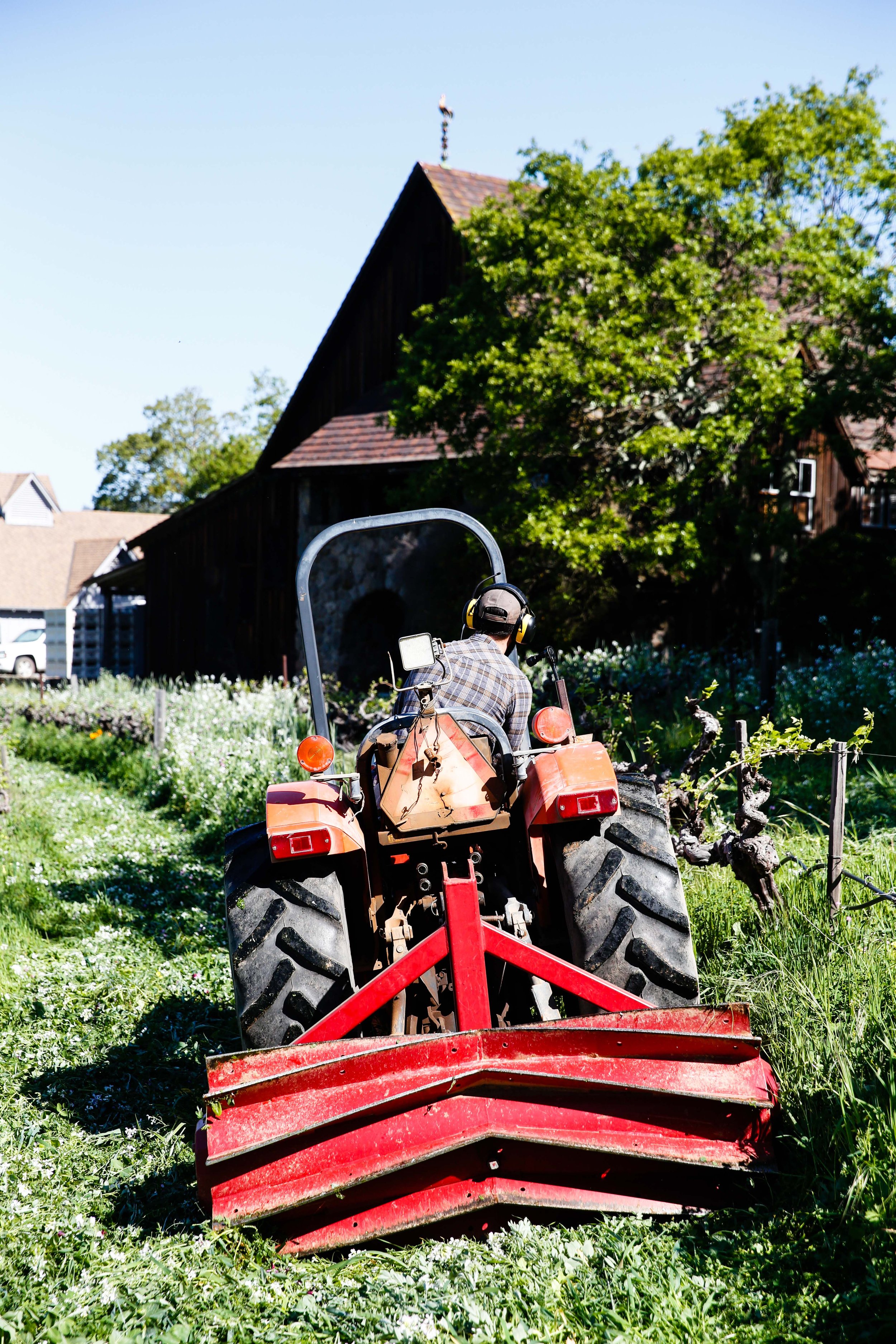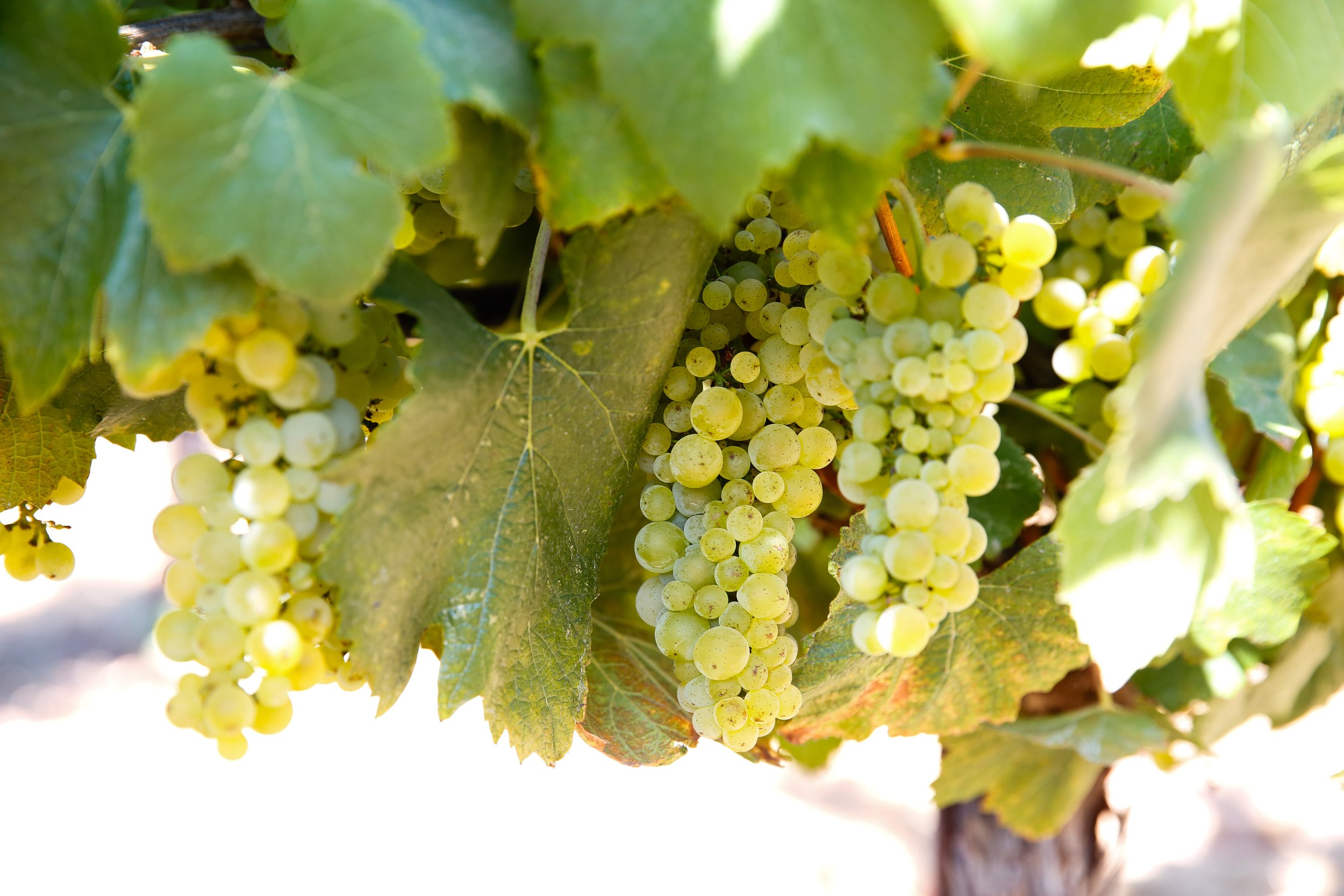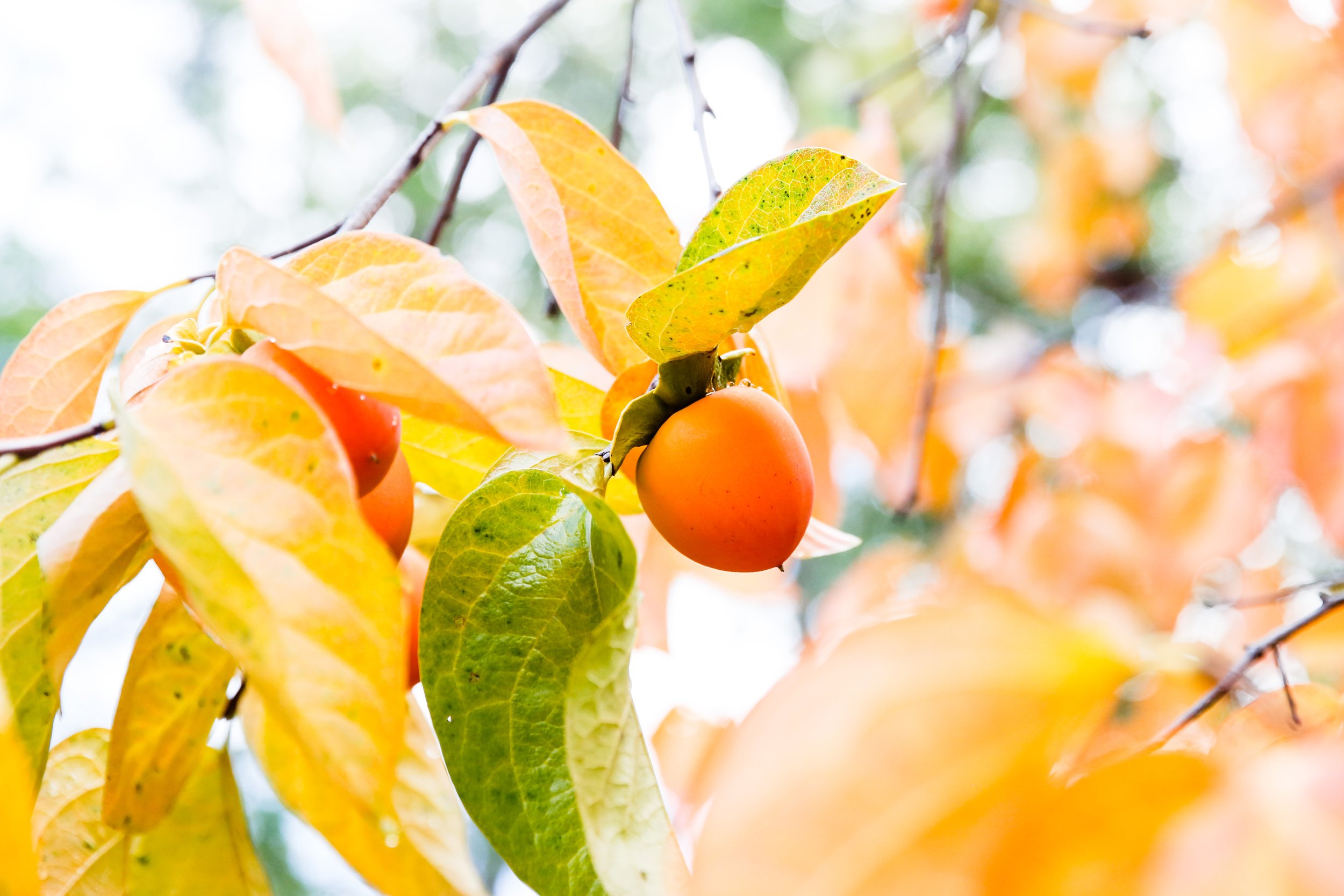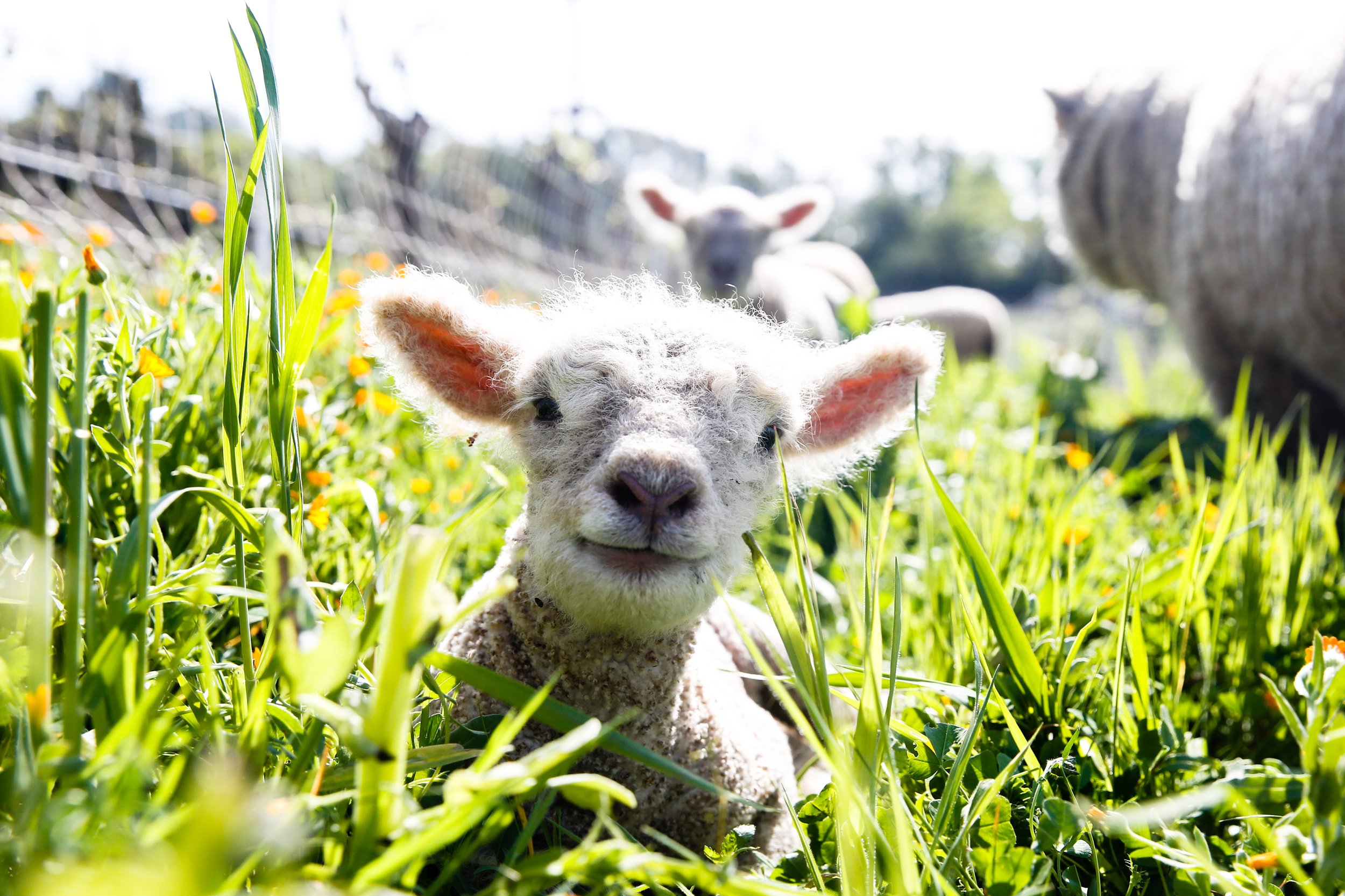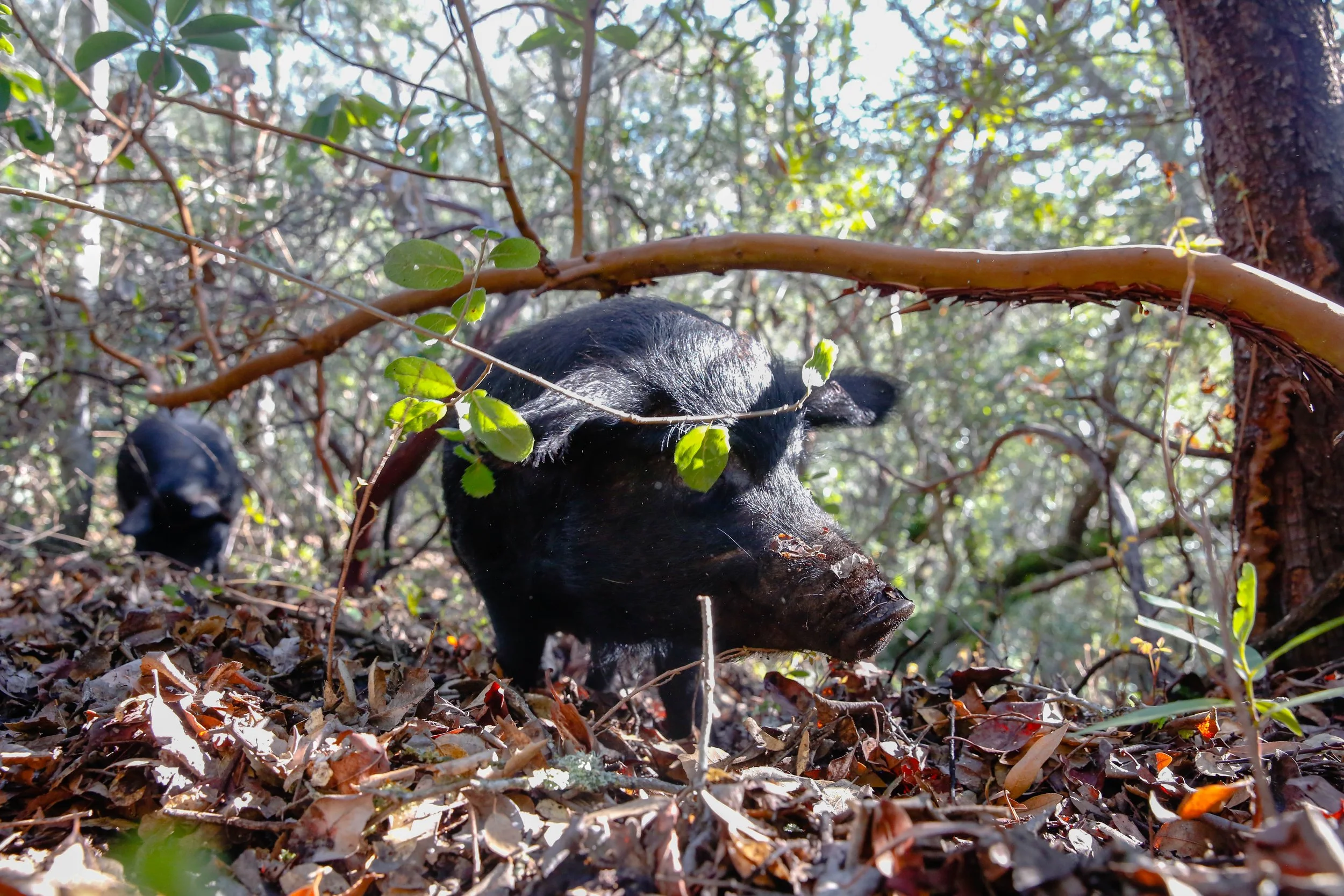
Farming
At the toe of the Mayacamas Mountains, we have been farming the Hanzell Estate for over seven decades. As stewards of the land, we have an ethical, social, and ecological responsibility to ensure the sustainability of our lands for generations to come. We are a Certified Organic, Integrated Holistic Farm. Our farming philosophy is rooted in a holistic approach where the vineyard is only one part of an interconnected farm eco-system. In addition to our forty-six acres of vineyards you will find cows, sheep, pigs, chickens, geese, ducks, dogs, cats, turkeys, deer, vegetable gardens and fruit orchards, all working harmoniously together to enhance the well-being of our land and ultimately, the well-being of our people. We strive to work within the natural rhythms of nature to cultivate and maintain soil fertility, microbial diversity, and resiliency. Our holistic approach to the monocultural viticultural system allows us to reduce our carbon footprint by limiting all outside inputs and making use of natural nutrient cycles, just as farming was prior to the advent of chemical applications.
To do our small part to combat climate change and the associated loss of habitat and diversity, we strive to sequester massive amounts of carbon, making Hanzell Farm a carbon sink in that we absorb more greenhouse gasses than our operations gives off.
Through annual cover cropping, rotational grazing, and roller-crimping, we keep our soil armored from solar radiation and desertification, while preserving and building organic matter, humus, fungi, earthworm and beneficial insect populations and biological and microbial diversity. WE DO NOT TILL. Keeping a diverse network of plant species roots active for as long as possible during the growing season aids in carbon sequestration while feeding a diverse microbial network underground.
Our systems foundation is based on fungi development and keeping soil temperatures as cool as possible for as long as possible. Our no-till approach in combination with roller-crimping not only facilitates and maintains mycelium branching but the associated cooler soil temperatures help to preserve hyphae throughout our long summers and periods of drought. This helps to boost the vines immune system and limits stress while water and nutrients are more widely available and easier to uptake at cooler root zone temperatures and with a more fungi vs bacterial balanced soil food web. We do not believe that stressed vines make better wines!
We respect the symbiotic relationship between soil, plant, and animal as nature intended. There is no healthy ecosystem in the world that restricts living animals, wildlife, insects, etc., from migrating and foraging—facilitating the exchange of complex bacteria and microbes—there by sustaining life and fertility.
Our wild and native grazing and foraging partners include deer, turkeys, bobcats, mountain lions, rabbits, owls, bats, bees and squirrels, just to name a few, are a critical component to the health and well-being of our small integrated ecosystem. As we restrict deer and other wildlife from the vineyard itself, it is vital to continue our work with a diversity of domesticated animals to fill any void in the delicate balance of farming in a monocultural system. This diverse, domesticated grazing team of cows, pigs, and sheep who partner with chickens, geese, and ducks, contribute unique fertility and energy composition in both urine and raw manure. The chickens also provide the important act of scratching the manure into the humus, creating direct interaction with organic matter and aiding the breakdown of manure into useable energy.
The grazing teams mob through small sections of the vineyard at a time spending a maximum of 1-3 days in each grazing paddock. Only ~33% of the vineyard is grazed every year leaving the other ~67% to focus on producing biomass and crimping cover. When our domesticated grazing team is done with the vineyards, they move to our roughly 150 acres of native forest lands to regenerate those areas and reduce fire fuel, creating an integrated and resilient farm within our borders.

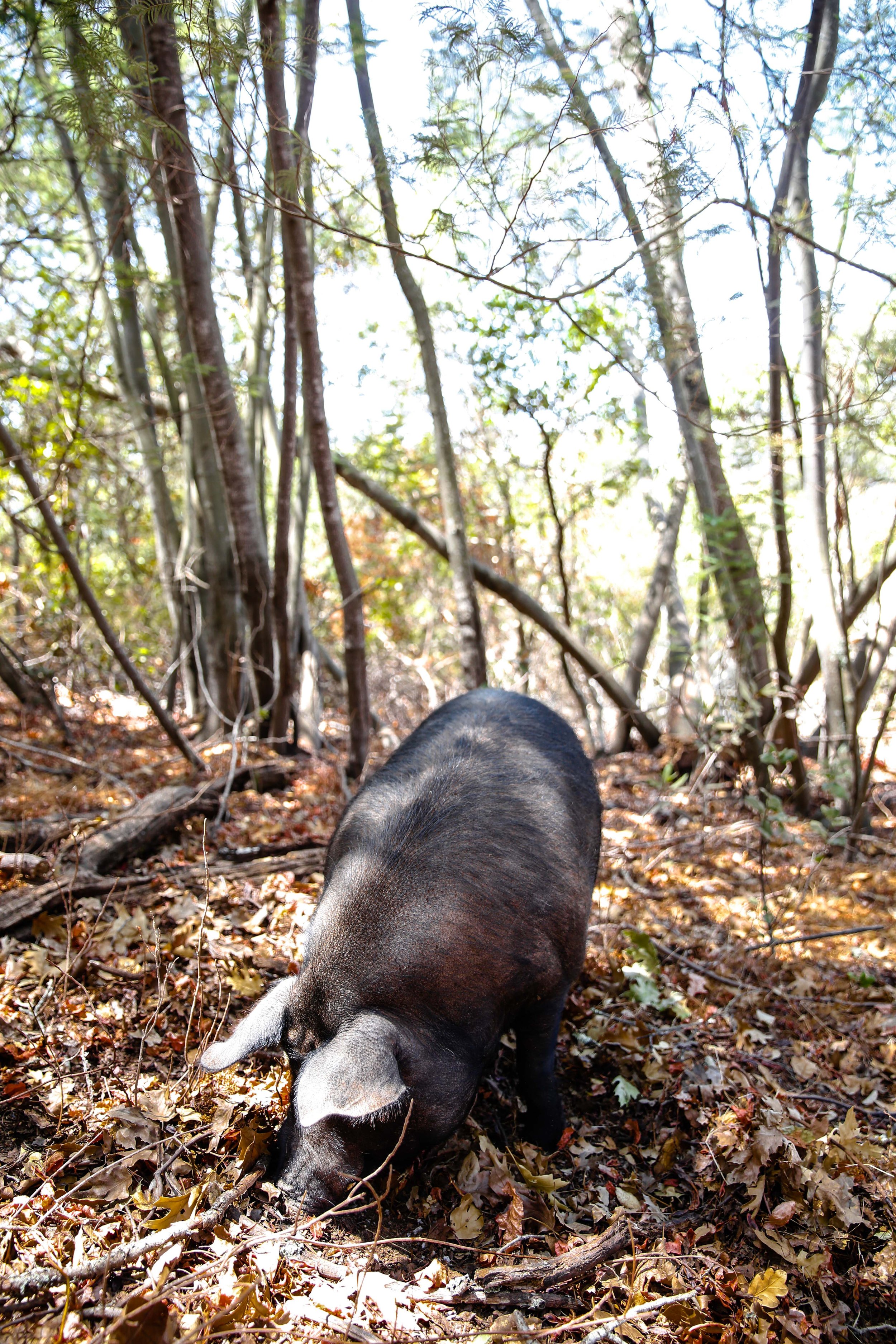
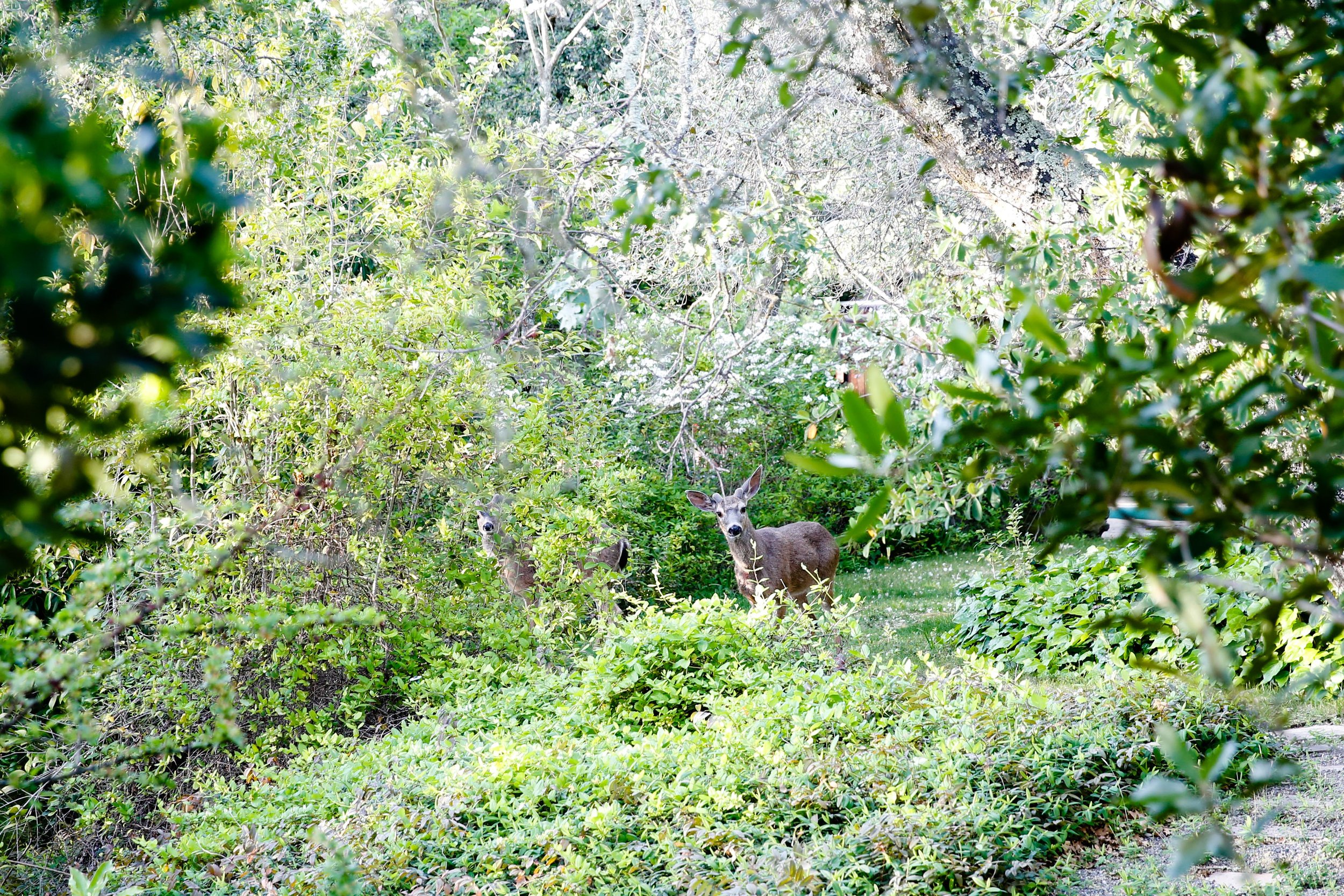

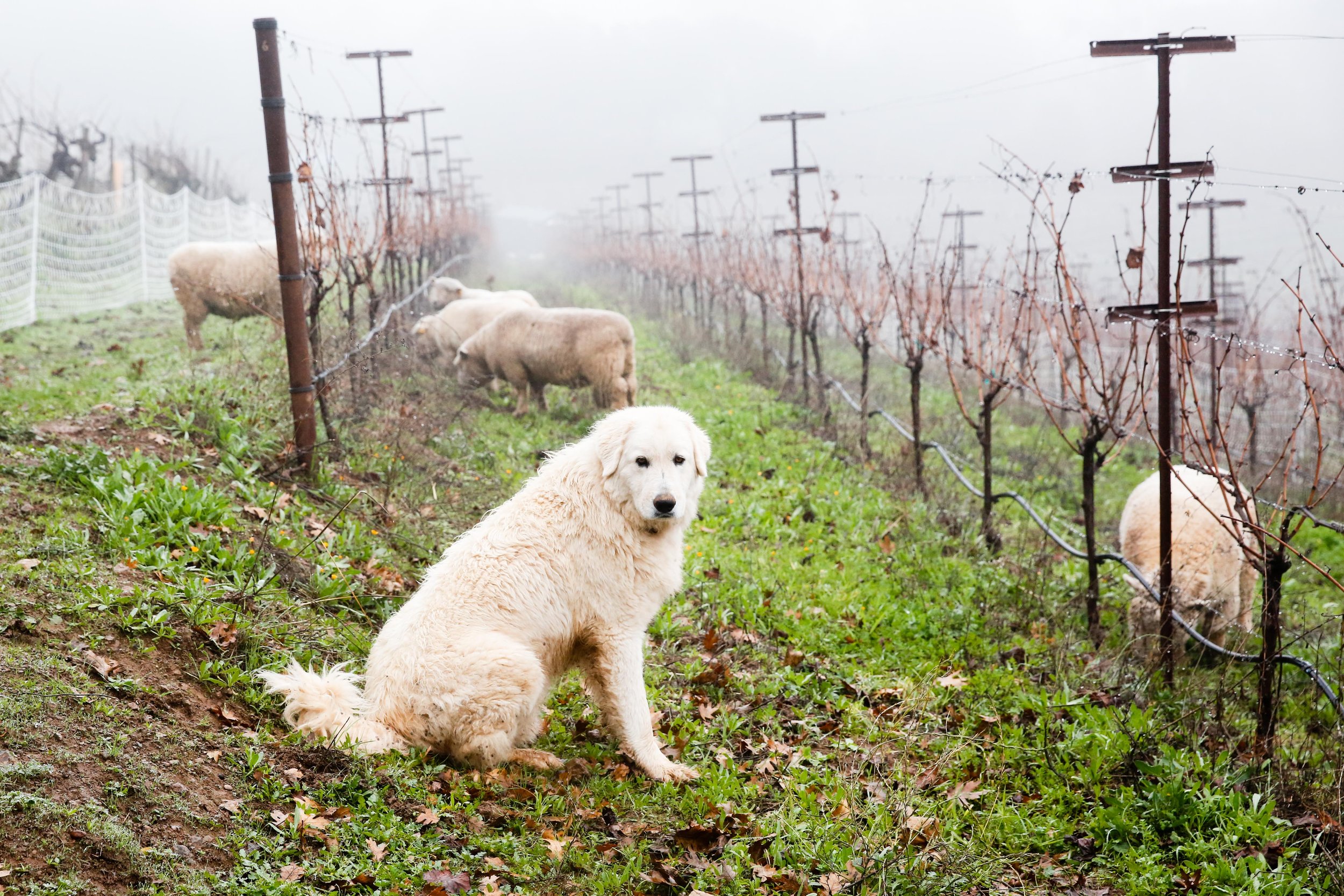









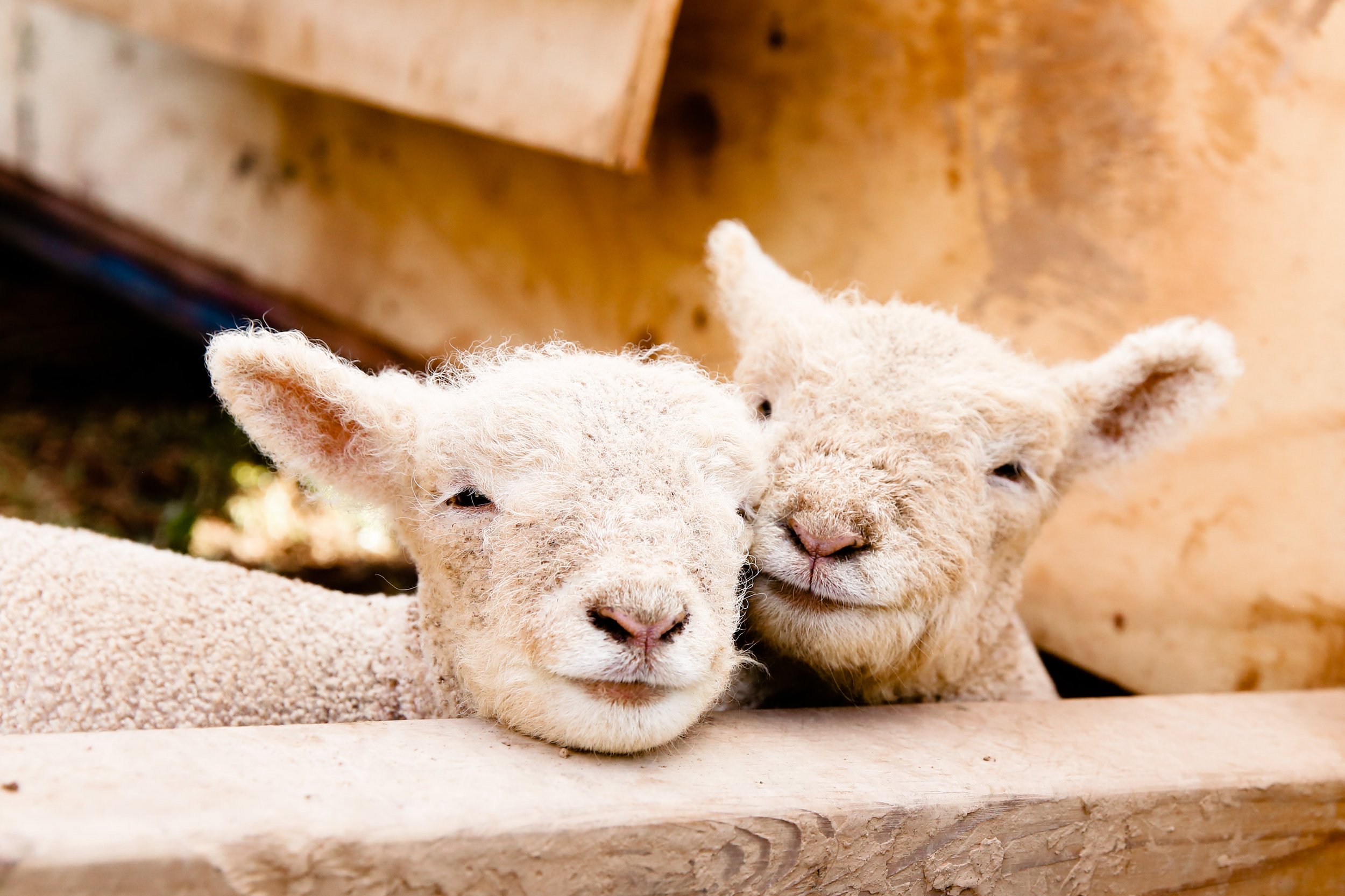
After the grazing season has completed and the cover crop is 3-6ft tall and in full bloom, we roller-crimp the vineyard rows, which may in fact be the most important activity on the farm. We plant a diverse species of cover crops using about 55% legumes, 40% cereals, and 5% roots when available. Legumes capture atmospheric nitrogen and release energy through symbiotic bacteria and root exudates, helping to feed the plant itself, surrounding organic matter and all life underground while cereals offer a very critical carbon source.
Roller-crimping is particularly important in an integrated grazing program. In our climate with dry summers and high solar radiation, manure left on the grass or cover crop surface will dry out. As it dries, methane and nitrous oxide (bad for the environment) are released and fertility is lost through volatilization as moisture evaporates. In our system, the chickens help to incorporate manure into the moist depths of the cover crop but the roller-crimping post grazing is what creates the magical and delicious manure sandwich. The manure, trapped under moist and dense cover crop interacts directly with carbon and biology to breakdown. This is the essence of both sequestering carbon while growing organic matter, increasing fertility year-over-year, and feeding the diverse mycelium network that forms underneath this amazing blanket. The mycelium then acts as the brain for the entire farm and holistic management system.
Our ultimate goal is to develop and encourage a strong immune system across the entire farm. Immunity is the key to sustaining all life and our holistic approach to decision making and farming practices essentially creates antibodies. Not only are the veggie gardens an essential part of our network and diversification program, they are the key component in cultivating antibodies, health and well-being for our people. Eating nutrient dense and seasonal “on farm foods” helps us all to connect to the land and everything within our borders. My hope is our vines, animals, and people all age gracefully together and live the most vibrant and fruitful life as possible. For me, there is nothing more important, which is why I devote so much time to our animal and food production.
- Jason Jardine, President | Farmer | Winemaker

